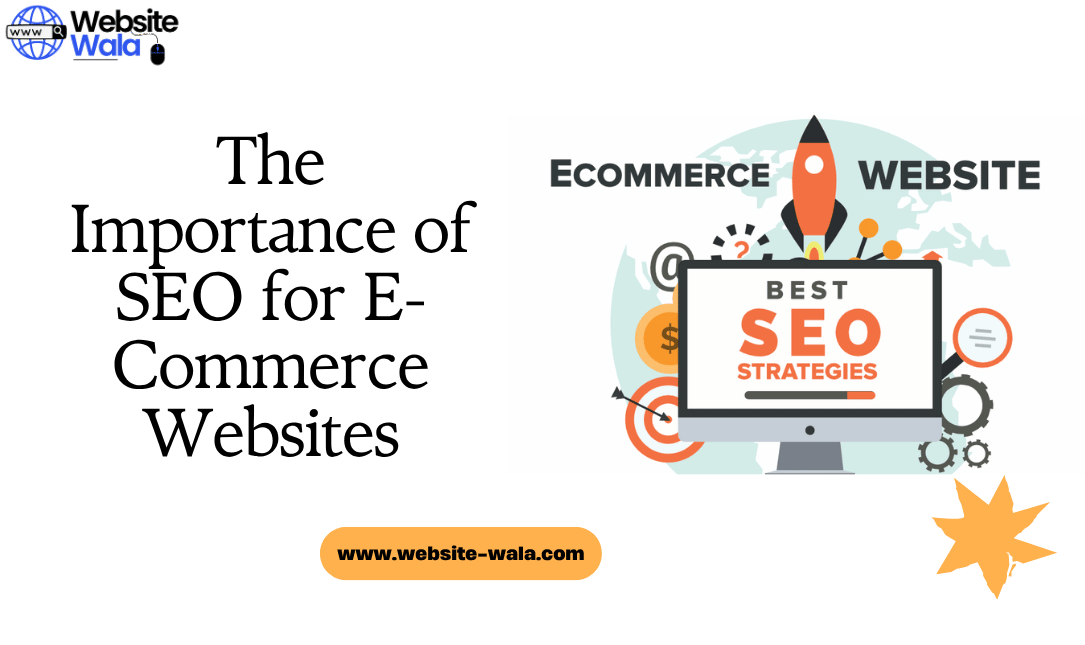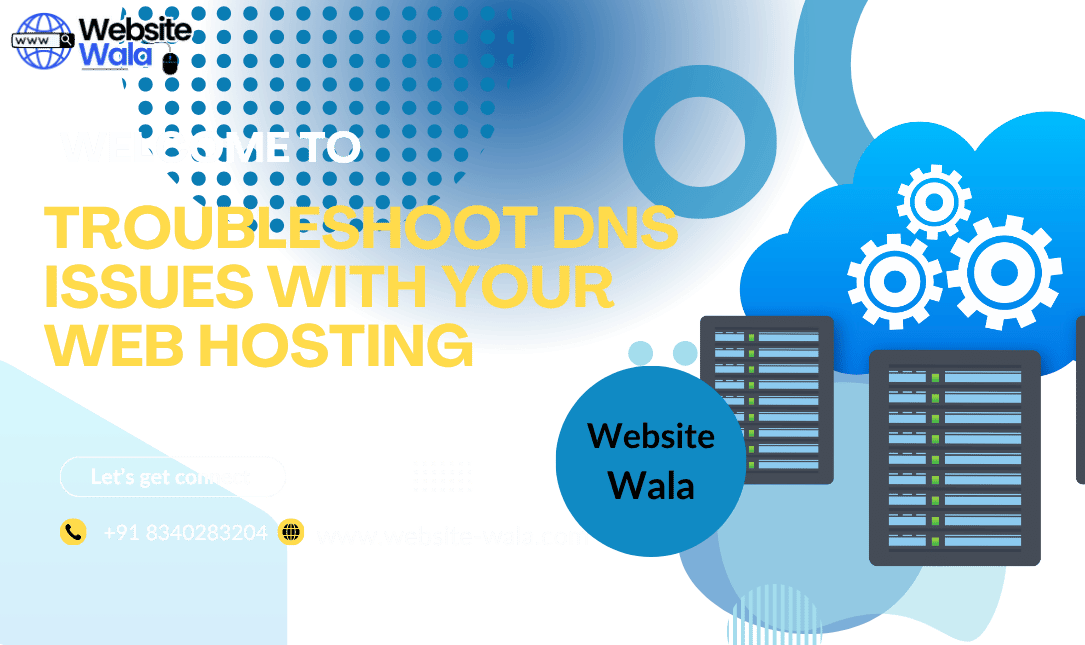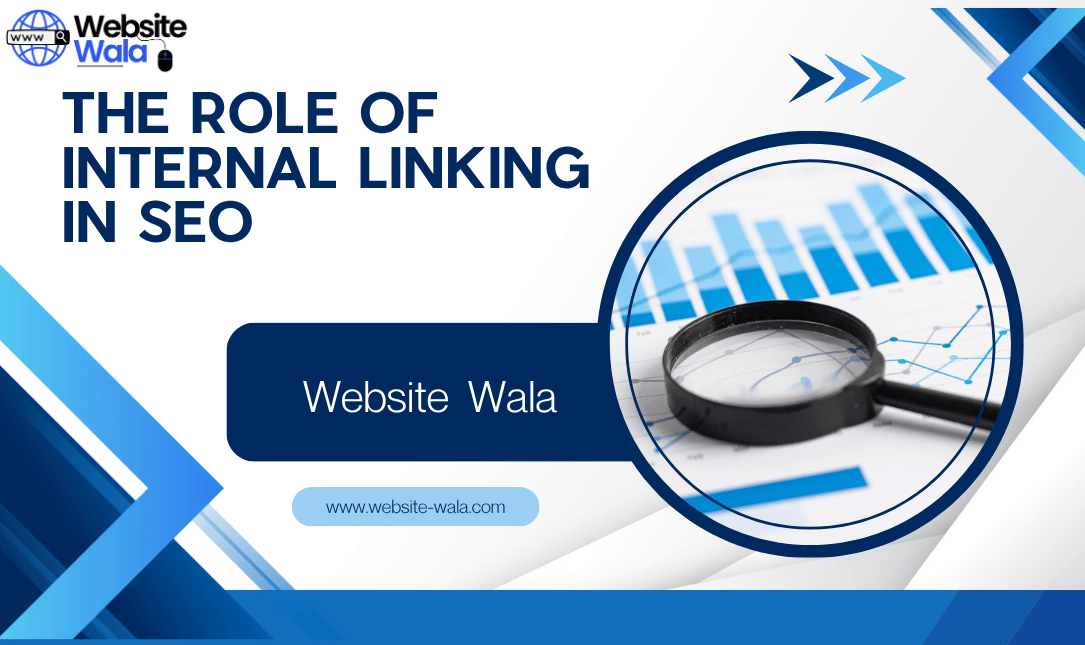
Discover the importance of SEO for e-commerce websites and how it boosts online visibility, drives sales, and improves your bottom line.
Introduction: Understanding the Importance of SEO for E-Commerce Websites
In the fast-paced world of digital commerce, standing out among thousands of online competitors is no easy task. This is where the importance of SEO for e-commerce websites becomes critical. Search Engine Optimization (SEO) ensures that your products and services appear prominently in search engine results, driving potential customers to your online store. Without an effective SEO strategy, even the most high-quality products can go unnoticed, limiting both organic traffic and the ability to drive sales.
For e-commerce businesses, SEO is not just a marketing tool—it’s a vital component of sustainable growth. Properly implemented, SEO can enhance online visibility, establish brand credibility, and ultimately improve your bottom line.
Why SEO Matters for E-Commerce Websites
SEO is the backbone of online marketing. For e-commerce websites, it directly influences the number of visitors who discover your products organically. When your website ranks higher on search engines like Google, it attracts more qualified leads—people actively searching for products you sell.
The importance of SEO for e-commerce websites lies in its ability to:
-
Increase Organic Traffic: A well-optimized website appears in top search results, drawing consistent organic traffic without relying solely on paid ads.
-
Boost Online Visibility: SEO ensures your brand is easily discoverable, improving online visibility and brand awareness.
-
Enhance User Experience: SEO strategies include optimizing site speed, mobile responsiveness, and intuitive navigation, creating a seamless shopping experience.
-
Drive Sales: By targeting the right keywords and audience, SEO converts visitors into customers, helping to drive sales effectively.
Key SEO Strategies for E-Commerce Websites
Implementing the right SEO strategies is essential to unlock the full potential of your online store. These strategies not only help your site rank higher but also foster long-term growth.
1. Keyword Research and Optimization
Understanding which keywords your target audience is searching for is crucial. Focus on product-specific and long-tail keywords that align with your offerings. Integrating these keywords naturally throughout product descriptions, meta tags, and headings reinforces the importance of SEO for e-commerce websites.
2. On-Page SEO
On-page SEO ensures that individual pages on your site are optimized for both search engines and users. Key elements include:
-
Compelling meta titles and descriptions
-
Optimized product images with alt text
-
Clear URLs and internal linking
-
Structured data for rich snippets
These elements increase your chances of appearing in search engine results, improving click-through rates and driving more organic traffic.
3. Technical SEO
Technical SEO involves optimizing your website’s backend to enhance search engine crawling and indexing. For e-commerce websites, this includes:
-
Fast loading times
-
Mobile-friendly design
-
Secure HTTPS protocol
-
Proper site architecture
Addressing these technical aspects highlights the importance of SEO for e-commerce websites by ensuring your site performs efficiently and ranks higher in search results.
4. Content Marketing
High-quality, informative content attracts and engages users. Blogging, buying guides, and product tutorials are excellent ways to provide value while naturally integrating keywords. Content marketing not only improves online visibility but also establishes your brand as an authority, helping to drive sales and improve bottom line performance.
5. Link Building
Backlinks from reputable websites signal trust and credibility to search engines. Implementing a robust link-building strategy helps e-commerce websites achieve higher rankings, attracting more organic traffic and increasing conversion rates.
Measuring the Impact of SEO on E-Commerce Websites
The effectiveness of SEO can be measured through various metrics that indicate both traffic and revenue growth. For example:
-
Organic Traffic Metrics: Track the number of visitors arriving through unpaid search results.
-
Conversion Rates: Measure how effectively SEO efforts turn visitors into buyers, helping to drive sales.
-
Search Engine Rankings: Monitor keyword positions in search engine results to gauge online visibility improvements.
-
Revenue Growth: Improved SEO often correlates with higher sales, demonstrating how the importance of SEO for e-commerce websites translates into a tangible improved bottom line.
Regular monitoring allows businesses to refine their SEO strategies, ensuring continued success and return on investment.
Common SEO Challenges for E-Commerce Websites
While SEO is powerful, e-commerce websites often face unique challenges, including:
-
Duplicate Content: Product descriptions from manufacturers can create duplicate content, negatively impacting rankings.
-
Complex Site Architecture: Large product catalogs may lead to crawling and indexing issues.
-
Competition: High competition in search results requires advanced SEO strategies and continuous optimization.
-
Changing Search Algorithms: Search engines constantly update their algorithms, requiring businesses to stay updated with best practices.
Addressing these challenges is crucial to maintaining the importance of SEO for e-commerce websites as a core growth strategy.
The Long-Term Benefits of SEO for E-Commerce Websites
Investing in SEO yields both immediate and long-term benefits:
-
Sustainable Traffic: Unlike paid ads, organic traffic grows steadily over time.
-
Cost-Effective Marketing: SEO reduces dependency on paid campaigns, making it a cost-efficient approach to drive sales.
-
Brand Authority: Higher rankings in search engine results enhance credibility and trust among potential customers.
-
Improved Bottom Line: By attracting qualified leads and increasing conversions, SEO contributes directly to revenue growth.
Ultimately, understanding the importance of SEO for e-commerce websites empowers businesses to build a resilient online presence that continues to pay dividends.
Conclusion: Prioritizing SEO for E-Commerce Success
In conclusion, the importance of SEO for e-commerce websites cannot be overstated. From boosting online visibility to increasing organic traffic and driving consistent sales, SEO is a foundational element of digital success. By implementing effective SEO strategies, monitoring performance, and addressing challenges proactively, e-commerce businesses can thrive in a competitive marketplace.
Investing in SEO today is investing in a sustainable future for your e-commerce website, ensuring long-term growth, customer engagement, and a stronger bottom line.























